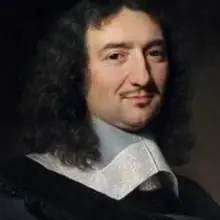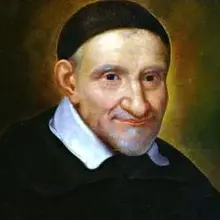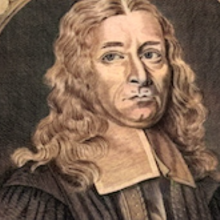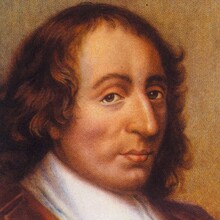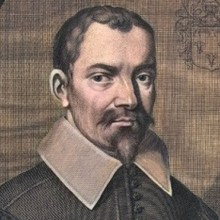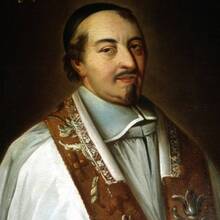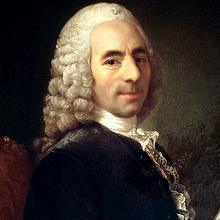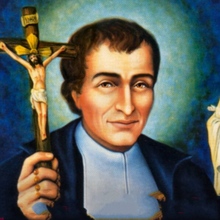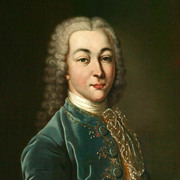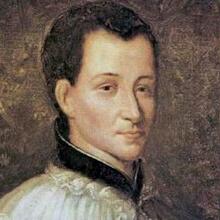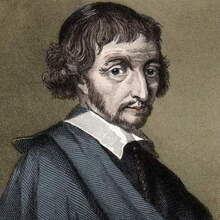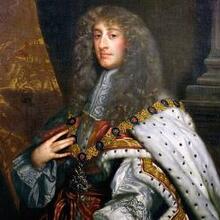
Personal
Other names:
Job / Known for:
Economic and fiscal reformer
Left traces:
His writings on economic theory and policy
Born
Date:
1646-02-17
Location:
FR
Rouen, Normandy, France
Died
Date:
1714-10-10 (aged 68)
Resting place:
FR
Death Cause:
Unknown
Family
Spouse:
Children:
One son, Nicolas Le Pesant de Boisguilbert
Parent(s):
Nicolas Le Pesant de Boisguilbert and Marie Le Gendre¹
QR Code:
 My QR code:
Pierre Le Pesant, sieur de Boisguilbert
https://DearGone.com/10516
My QR code:
Pierre Le Pesant, sieur de Boisguilbert
https://DearGone.com/10516
Key Ownner:
Not yet supported by key owner
Show More
Rank
Users ranking to :
Thanks, you rate star
Ranking
5.0
1
Slogan
The wealth of a country consists, not in the abundance money which possesses but what it produces
About me / Bio:
Show More
Article for Pierre Le Pesant, sieur de Boisguilbert
Died profile like Pierre Le Pesant, sieur de Boisguilbert
Comments:
